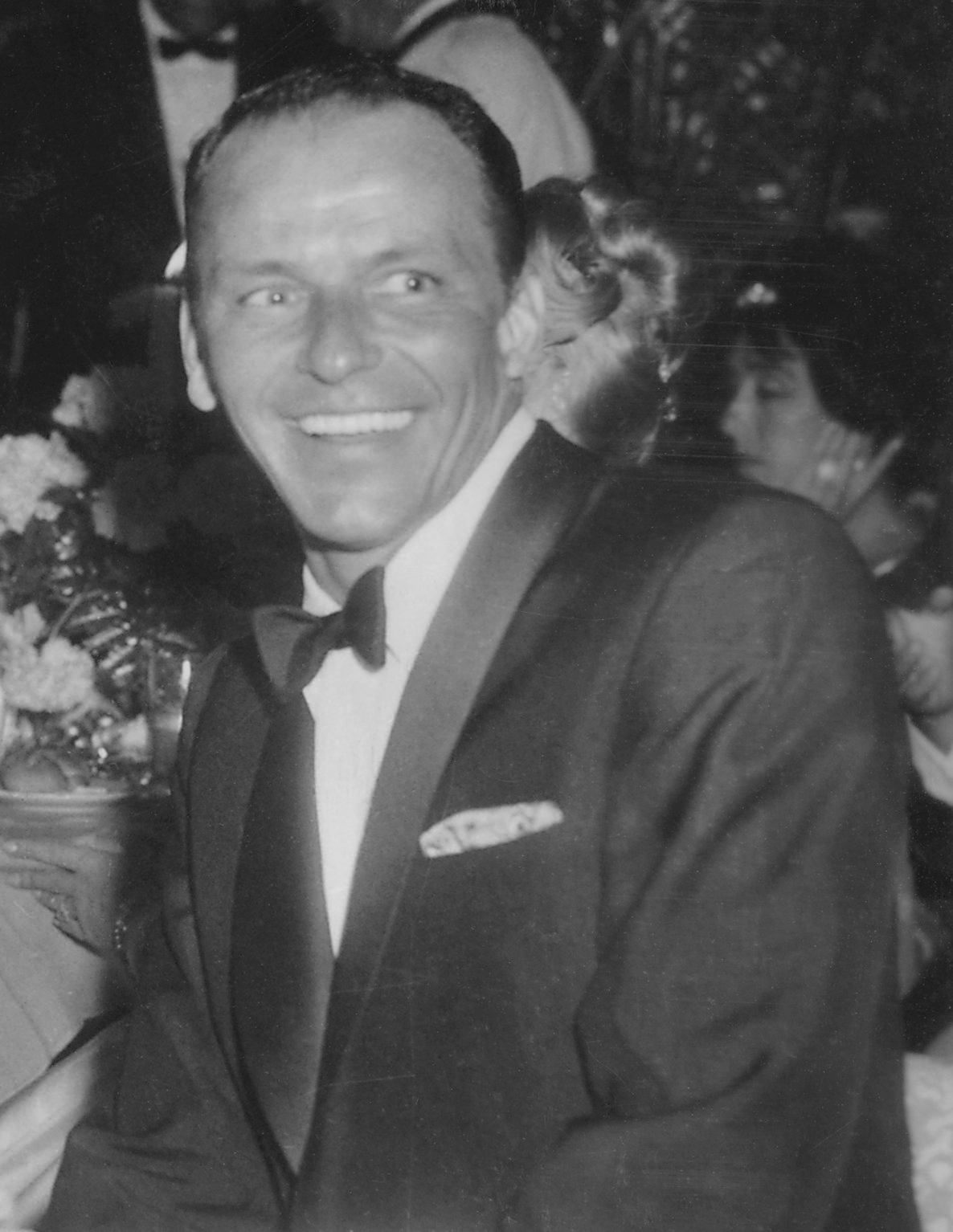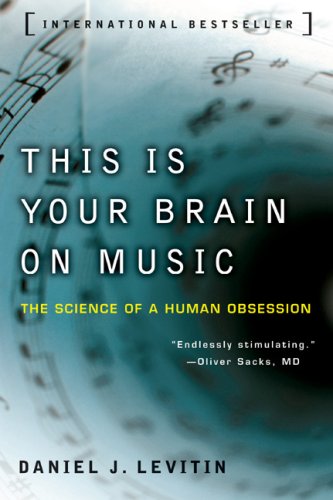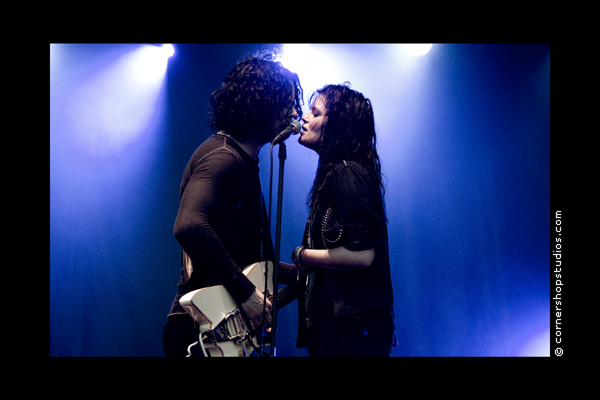http://www.youtube.com/watch?v=-YtNu_T5cEs&feature=player_embedded
(Sadly, the youtube link with the picture would not work because of copyright issues, but the link above will get you to the video all the same if you just copy and paste)
What can be said about Jack White that isn't good? If you have never heard of him before, he is the closest to what I believe is the modern day Buddy Holly. He's our generation's Jimi Hendrix. This man is working single-handedly to revitalize music. And I did not add industry to that for a reason. His influence from Jazz and Blues are so evident in all of his music that it is a great example of the rivers of Jazz that have been discussed in class.
This particular piece is from one of his bands, called The Dead Weather. Also in the band is the singer Alison Mosshart from The Kills, another alternative band with a great sound.
The piece starts of simply, with a cool beat from a snare drum being played with brushes, which you can tell by the sliding sound on the drum. It is then accompanied with a piano, playing the same four chords over and over again. A guitar (played by Jack) is added in, laying down some sweet notes, walking over the guitar like he's strolling down the sidewalk.
The lyrics come in, with the addition of a cymbal underneath the vocals. They don't last for very long, going straight back to the intro style. So far we have ABAB, because then we go right back to the lyrics, same style.
Then we come to C as the song starts to build, with everything rising slightly in intensity, but still keeping that sliding smooth jazz sound to it. Never leaving that realm of cool that only Jack and Alison can bring to a song. After that we're back to A, with the guitar going on a slight solo.
Then we're back to B again, with the piano now starting to get more intense. After this, we go into section D, with everything really starting to amp up, with the addition of the bass drum on the drum kit, and the piano having his chance to finally join into the fray, improvising a little bit, then relinquishing back to his chord progression as Jack takes over with his guitar again, lightly strumming over the strings.
Once back again to B, repeating the phrase, "Will there be enough water, when my ship comes in." After this, it builds up again in D, with the piano taking off a little bit, adding a second hand playing its on melody.
But after this, everything slows down into the finale, finally coming to a rest rather quickly, with the guitar playing a dying tune in the background, until absolute silence is heard (with a nice cricket chirping in the background for an ambience effect). The final tally of the style being ABABCABDBD. It is nice to see how the song slowly starts to build, finishing off strong, then fading into nothing.
Jack's influence from Jazz is so evident, yet he seems to take it and molds it into something new for a different generation. Just when it seems that all originality has been done, I was so rewarded when I discovered him about 5 years ago, and I have been a fan ever since.
Enjoy.




